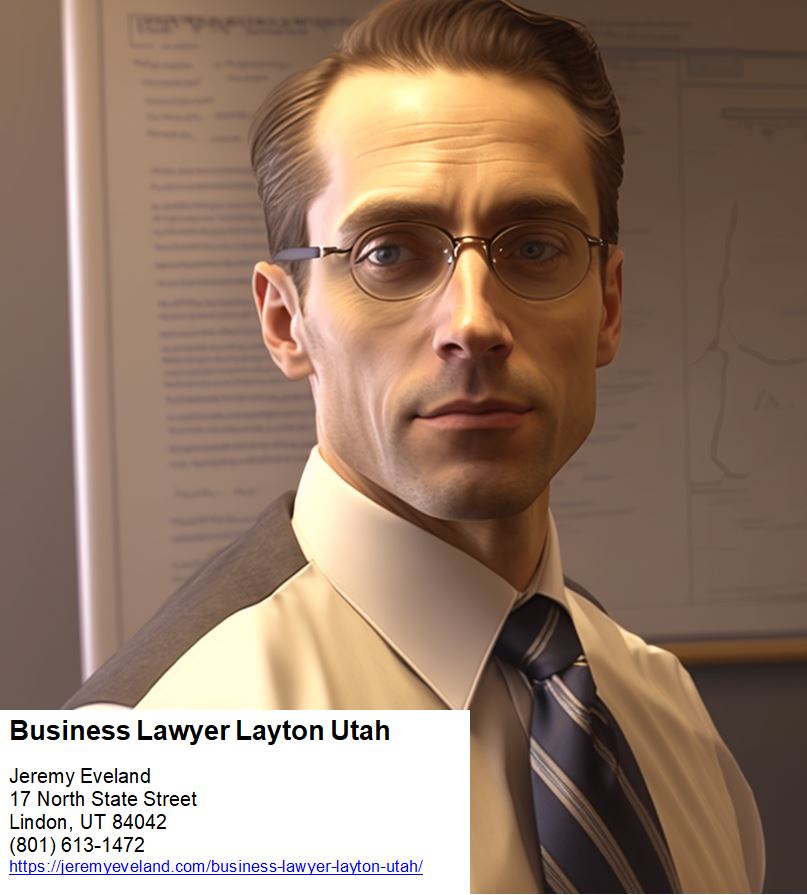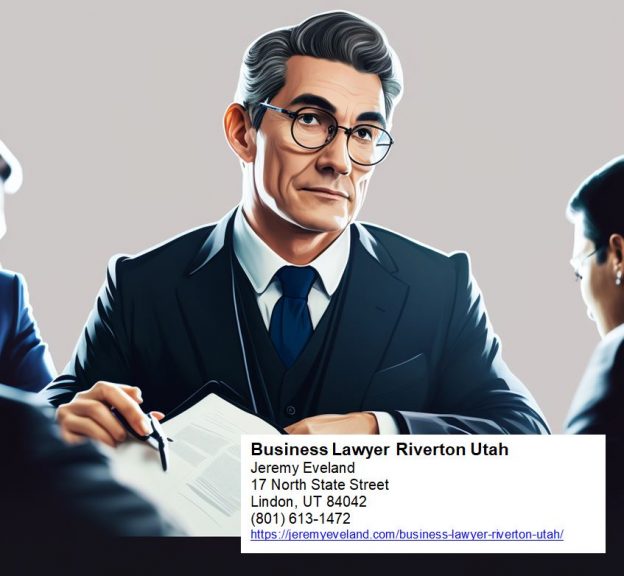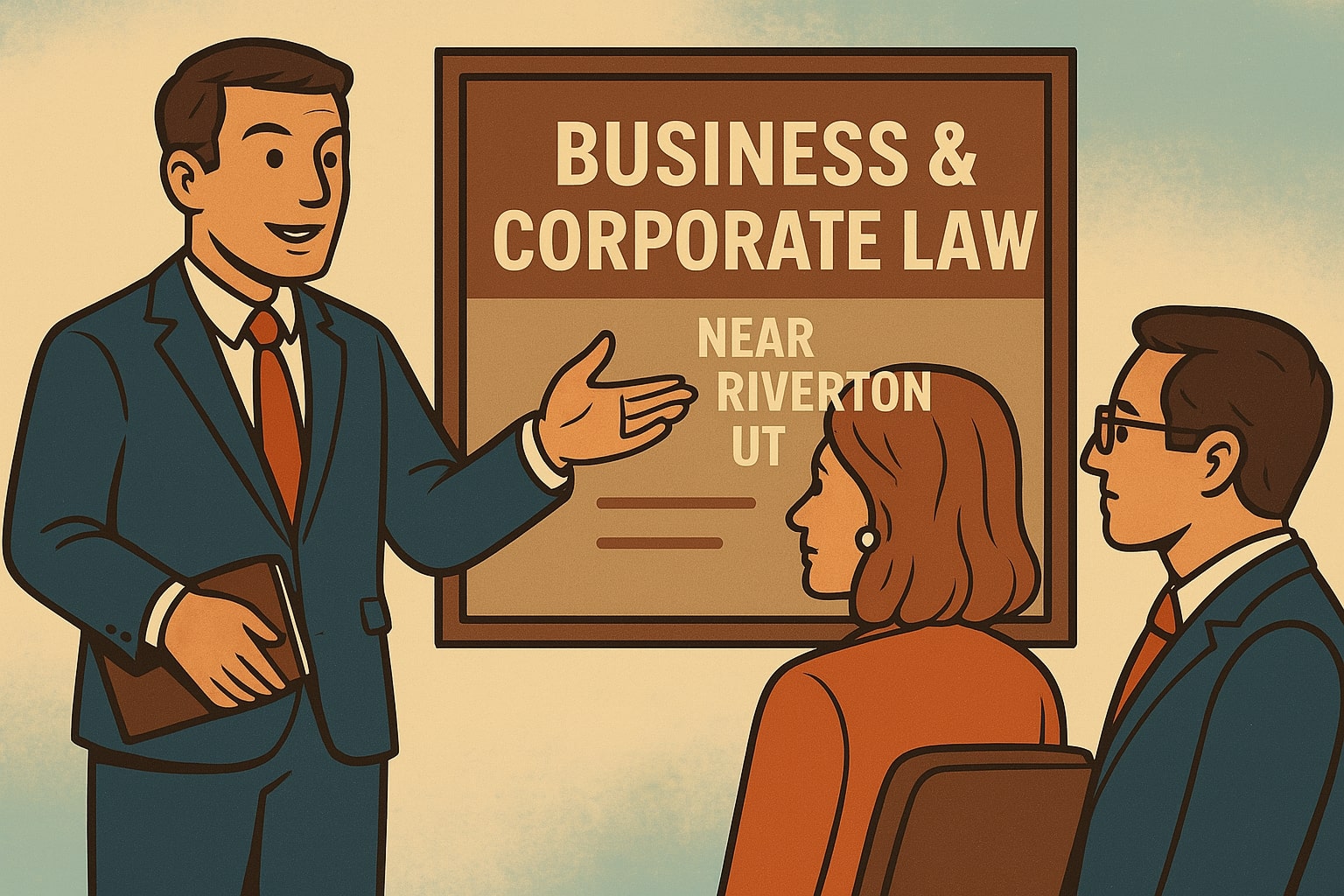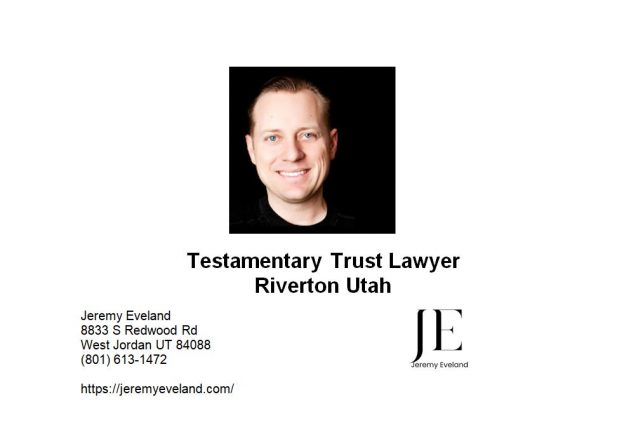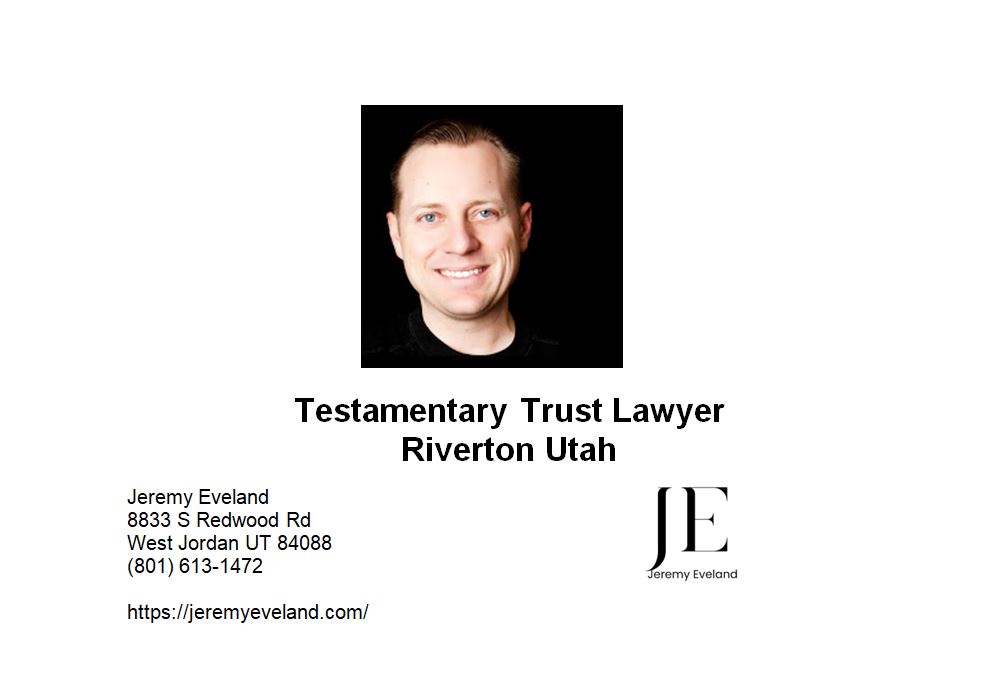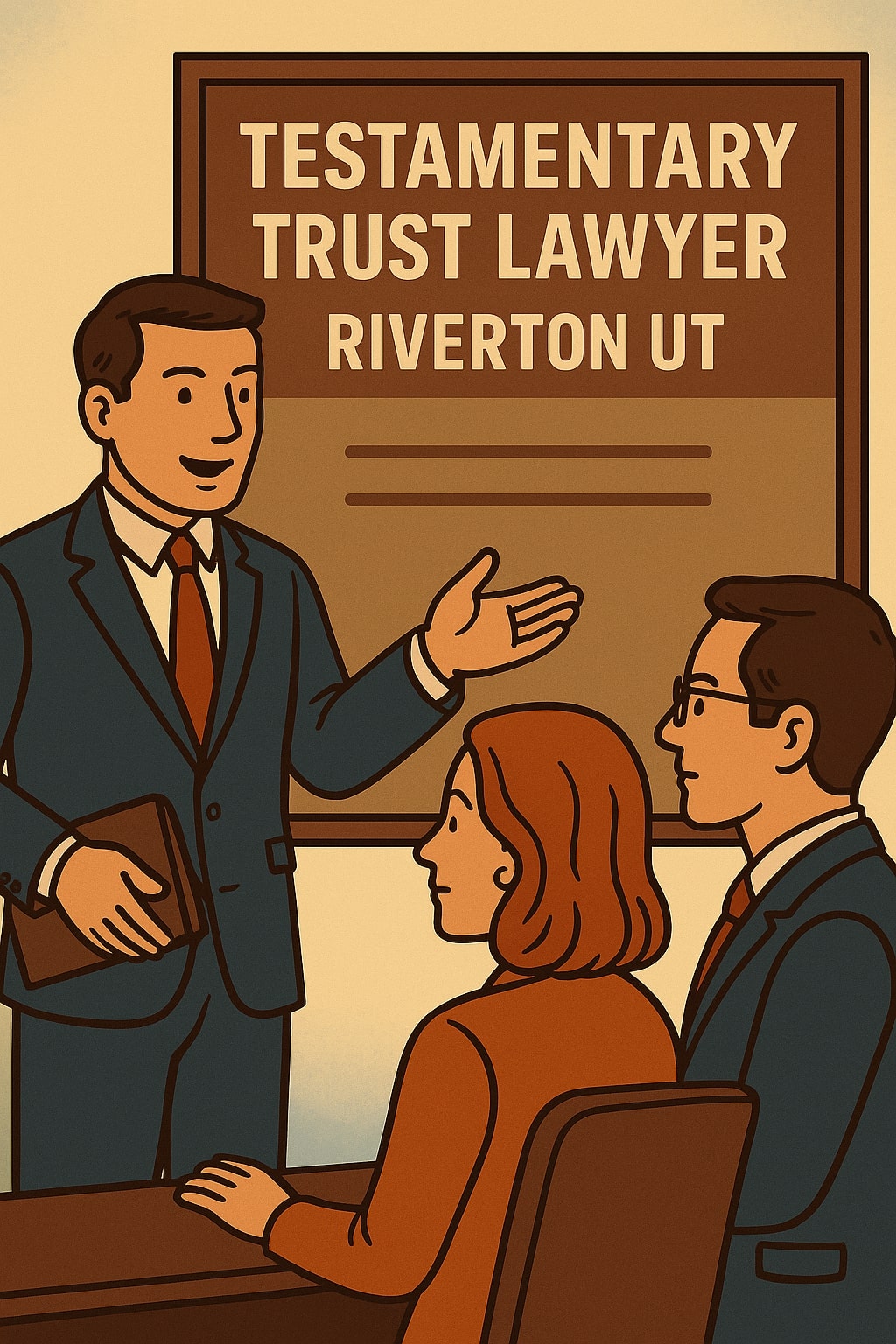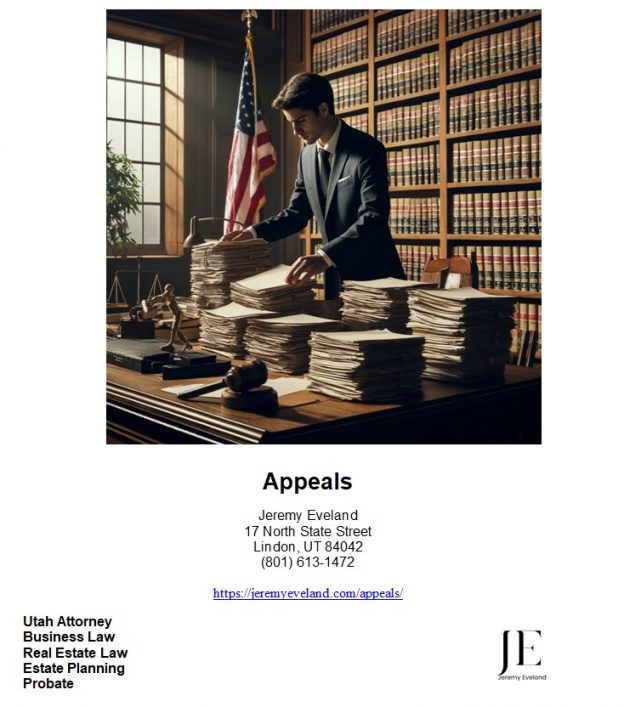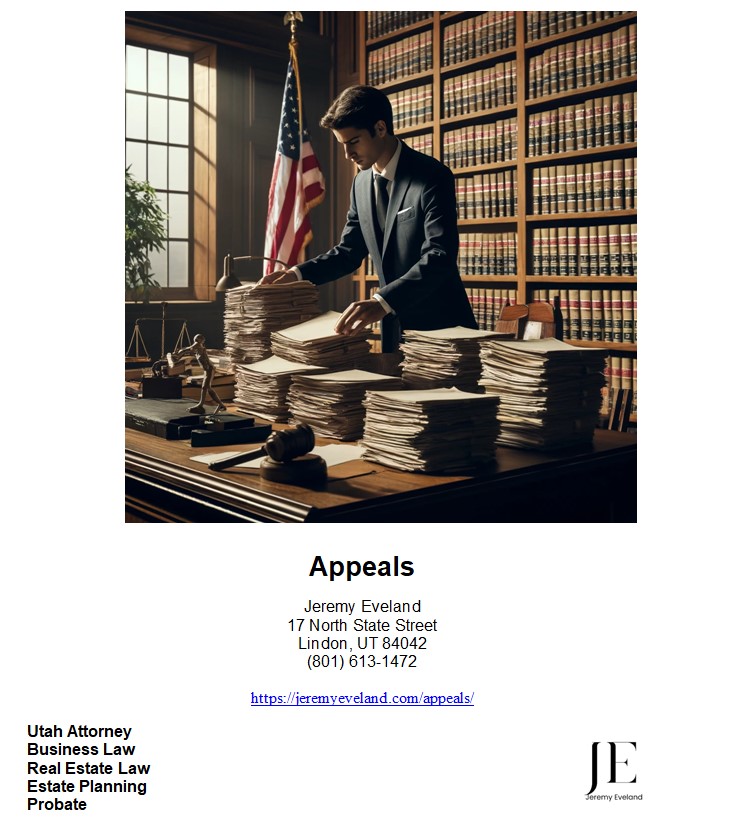-
Attorney at Law
- Introduction
- The Benefits of Working with an Experienced Layton Business Lawyer
- What to Expect During a Free Consultation with a Layton Business Lawyer
- How to Find the Right Business Lawyer for Your Legal Needs in Layton
- All About Corporations, LLC, LLP, Family Partnerships and More
- Understanding the Benefits of Working with a Business Lawyer in Layton, Utah
- Why You Should Hire Jeremy Eveland As Your Layton Utah Business Attorney
“Secure Your Business with Professional Legal Services from Business Lawyer Layton Utah”
Introduction
Business Lawyer Layton Utah is a law firm that specializes in providing legal services to businesses in the Layton, Utah area. Our team of experienced attorneys is dedicated to providing the highest quality legal advice and representation to our clients. We understand the complexities of business law and strive to provide our clients with the best possible legal solutions. Our attorneys have extensive experience in a variety of areas, including contract law, corporate law, intellectual property law, employment law, and more. We are committed to providing our clients with the highest level of legal service and are dedicated to helping them achieve their business goals.
The Benefits of Working with an Experienced Layton Business Lawyer
When it comes to running a business, there are many legal issues that can arise. From contracts to taxes, it is important to have an experienced Layton business lawyer on your side. An experienced business lawyer can provide invaluable advice and guidance to help you navigate the complexities of the legal system. Here are some of the benefits of working with an experienced Layton business lawyer.
1. Knowledge of Local Laws: An experienced Layton business lawyer will have a thorough understanding of the local laws and regulations that apply to your business. This knowledge can be invaluable when it comes to making sure that your business is compliant with all applicable laws.
2. Experience in Negotiations: An experienced business lawyer will have a wealth of experience in negotiating contracts and other legal documents. This experience can be invaluable when it comes to making sure that your business is protected and that you are getting the best deal possible.
3. Access to Resources: An experienced business lawyer will have access to a wide range of resources that can be used to help you with your legal needs. This includes access to legal databases, research materials, and other resources that can help you make informed decisions.
4. Expertise in litigation: An experienced business lawyer will have a deep understanding of the litigation process and can provide invaluable advice and guidance when it comes to resolving disputes. This expertise can be invaluable when it comes to protecting your business and ensuring that you get the best outcome possible.
Working with an experienced Layton business lawyer can provide you with the peace of mind that comes with knowing that your business is in good hands. An experienced business lawyer can provide invaluable advice and guidance to help you navigate the complexities of the legal system. With their knowledge of local laws, experience in negotiations, access to resources, and expertise in litigation, an experienced business lawyer can be a valuable asset to your business.
What to Expect During a Free Consultation with a Layton Business Lawyer
A free consultation with a Layton business lawyer is an important step in the process of protecting your business interests. During the consultation, you will have the opportunity to discuss your legal needs and ask questions about the services the lawyer can provide.
At the start of the consultation, the lawyer will ask you to provide a brief overview of your business and the legal issues you are facing. This will help the lawyer to understand the scope of your legal needs and determine how best to assist you.
The lawyer will then explain the services they can provide and the fees associated with those services. This will help you to understand the cost of legal representation and make an informed decision about whether to proceed with the lawyer’s services.
The lawyer will also discuss the legal options available to you and provide advice on the best course of action. This will help you to make an informed decision about how to proceed with your legal matter.
Finally, the lawyer will answer any questions you may have about the legal process and provide additional information about their services. This will help you to make an informed decision about whether to proceed with the lawyer’s services.
At the end of the consultation, the lawyer will provide you with a written summary of the discussion and any advice they have provided. This will help you to remember the details of the consultation and make an informed decision about whether to proceed with the lawyer’s services.
How to Find the Right Business Lawyer for Your Legal Needs in Layton
When it comes to finding the right business lawyer for your legal needs in Layton, it is important to take the time to research and find the right fit for your business. A business lawyer can provide invaluable advice and guidance on a variety of legal matters, from contract negotiations to dispute resolution. Here are some tips to help you find the right business lawyer for your legal needs in Layton:
1. Determine Your Legal Needs: Before you begin your search for a business lawyer, it is important to take the time to assess your legal needs. Consider the type of legal services you require, such as contract review, dispute resolution, or business formation. This will help you narrow down your search and find a lawyer who specializes in the areas you need.
2. Research Potential Lawyers: Once you have determined your legal needs, it is time to start researching potential lawyers. Look for lawyers who have experience in the areas you need and read reviews from past clients. You can also contact the Utah State Bar Association for a list of qualified lawyers in your area.
3. Schedule a Consultation: Once you have narrowed down your list of potential lawyers, it is time to schedule a consultation. During the consultation, ask questions about the lawyer’s experience, fees, and availability. This will help you get a better understanding of the lawyer’s qualifications and determine if they are the right fit for your legal needs.
4. Ask for References: Before making a final decision, it is important to ask for references from past clients. This will give you an idea of the lawyer’s experience and how they handle cases.
By following these tips, you can find the right business lawyer for your legal needs in Layton. With the right lawyer on your side, you can rest assured that your legal needs will be taken care of.
All About Corporations, LLC, LLP, Family Partnerships and More
A corporation is a legal entity that is separate and distinct from its owners. It is created under state law and is owned by shareholders. The shareholders elect a board of directors to oversee the major decisions and policies of the corporation. The board of directors appoints officers to manage the day-to-day operations of the corporation.
A limited liability company (LLC) is a business structure that combines the limited liability of a corporation with the flexibility of a partnership. LLCs are owned by members, who can be individuals, other businesses, or a combination of both. LLCs are not subject to the same corporate formalities as corporations, such as holding annual meetings and keeping minutes.
A limited liability partnership (LLP) is a business structure that combines the limited liability of a corporation with the flexibility of a partnership. LLPs are owned by partners, who can be individuals, other businesses, or a combination of both. LLPs are not subject to the same corporate formalities as corporations, such as holding annual meetings and keeping minutes.
A family partnership is a business structure that combines the limited liability of a corporation with the flexibility of a partnership. Family partnerships are owned by family members, who can be individuals, other businesses, or a combination of both. Family partnerships are not subject to the same corporate formalities as corporations, such as holding annual meetings and keeping minutes.
No matter which type of business structure you choose, it is important to understand the legal and financial implications of each. It is also important to consult with a qualified attorney or accountant to ensure that you are in compliance with all applicable laws and regulations.
Understanding the Benefits of Working with a Business Lawyer in Layton, Utah
Working with a business lawyer in Layton, Utah can be a great asset for any business. A business lawyer can provide invaluable advice and guidance on a variety of legal matters, from contract drafting and review to dispute resolution and litigation. Here are some of the key benefits of working with a business lawyer in Layton, Utah.
1. Expertise: Business lawyers have a deep understanding of the laws and regulations that govern businesses in Utah. They can provide advice on how to comply with these laws and regulations, as well as how to protect your business from potential legal issues.
2. Cost Savings: Working with a business lawyer can save you money in the long run. A lawyer can help you avoid costly mistakes and ensure that your business is in compliance with the law.
3. Negotiation: Business lawyers are experienced negotiators and can help you get the best deal possible when negotiating contracts or resolving disputes.
4. Litigation: If your business is involved in a dispute, a business lawyer can provide representation in court and help you navigate the legal system.
5. Advice: Business lawyers can provide advice on a variety of topics, from business formation to tax planning. They can also provide guidance on how to structure your business for maximum efficiency and profitability.
Working with a business lawyer in Layton, Utah can be a great asset for any business. A business lawyer can provide invaluable advice and guidance on a variety of legal matters, from contract drafting and review to dispute resolution and litigation. With their expertise and experience, business lawyers can help you protect your business and maximize its potential.
Why You Should Hire Jeremy Eveland As Your Layton Utah Business Attorney
Jeremy Eveland is an experienced and knowledgeable business attorney close to Layton, Utah. He has been practicing law for many years and has focused his attention on business law. He is well-versed in the laws and regulations that govern businesses in the state of Utah, and he is committed to providing his clients with the best legal advice and representation possible.
Jeremy Eveland is an experienced litigator and negotiator. He has successfully represented clients in a variety of business disputes, including contract disputes, employment disputes, and internal disputes. He is also experienced in business transactions, such as mergers and acquisitions, and he is well-versed in the laws and regulations that govern business transactions.
Jeremy Eveland is a highly respected attorney in the Layton area. He is a member of the Utah State Bar Association and has years of experience, and he has been a speaker at legal education seminars in the past.
Jeremy Eveland is an experienced and knowledgeable business attorney near Layton, Utah. He has a deep understanding of the laws and regulations that govern businesses in the state of Utah, and he is committed to providing his clients with the best legal advice and representation possible. He is an experienced litigator and negotiator, and he is well-versed in business transactions. He is also a respected attorney near the Layton area, and he is a member of the Utah State Bar Association . For these reasons, you should hire Jeremy Eveland as your Layton Utah business attorney.
Areas We Serve
We serve individuals and businesses in the following locations:
Salt Lake City Utah
West Valley City Utah
Provo Utah
West Jordan Utah
Orem Utah
Sandy Utah
Ogden Utah
St. George Utah
Layton Utah
South Jordan Utah
Lehi Utah
Millcreek Utah
Taylorsville Utah
Logan Utah
Murray Utah
Draper Utah
Bountiful Utah
Riverton Utah
Herriman Utah
Spanish Fork Utah
Roy Utah
Pleasant Grove Utah
Kearns Utah
Tooele Utah
Cottonwood Heights Utah
Midvale Utah
Springville Utah
Eagle Mountain Utah
Cedar City Utah
Kaysville Utah
Clearfield Utah
Holladay Utah
American Fork Utah
Syracuse Utah
Saratoga Springs Utah
Magna Utah
Washington Utah
South Salt Lake Utah
Farmington Utah
Clinton Utah
North Salt Lake Utah
Payson Utah
North Ogden Utah
Brigham City Utah
Highland Utah
Centerville Utah
Hurricane Utah
South Ogden Utah
Heber Utah
West Haven Utah
Bluffdale Utah
Santaquin Utah
Smithfield Utah
Woods Cross Utah
Grantsville Utah
Lindon Utah
North Logan Utah
West Point Utah
Vernal Utah
Alpine Utah
Cedar Hills Utah
Pleasant View Utah
Mapleton Utah
Stansbury Par Utah
Washington Terrace Utah
Riverdale Utah
Hooper Utah
Tremonton Utah
Ivins Utah
Park City Utah
Price Utah
Hyrum Utah
Summit Park Utah
Salem Utah
Richfield Utah
Santa Clara Utah
Providence Utah
South Weber Utah
Vineyard Utah
Ephraim Utah
Roosevelt Utah
Farr West Utah
Plain City Utah
Nibley Utah
Enoch Utah
Harrisville Utah
Snyderville Utah
Fruit Heights Utah
Nephi Utah
White City Utah
West Bountiful Utah
Sunset Utah
Moab Utah
Midway Utah
Perry Utah
Kanab Utah
Hyde Park Utah
Silver Summit Utah
La Verkin Utah
Morgan Utah
Business Lawyer Layton Utah Consultation
When you need help from a Business Lawyer near Layton Utah call Jeremy D. Eveland, MBA, JD (801) 613-1472 for a consultation.
Jeremy Eveland
17 North State Street
Lindon UT 84042
(801) 613-1472
Related Posts
Common Legal Issues That Should Involve A Business Lawyer
Corporate Attorney West Valley City Utah
Corporate Attorney Salt Lake City Utah
Business Succession Lawyer Saratoga Springs Utah

